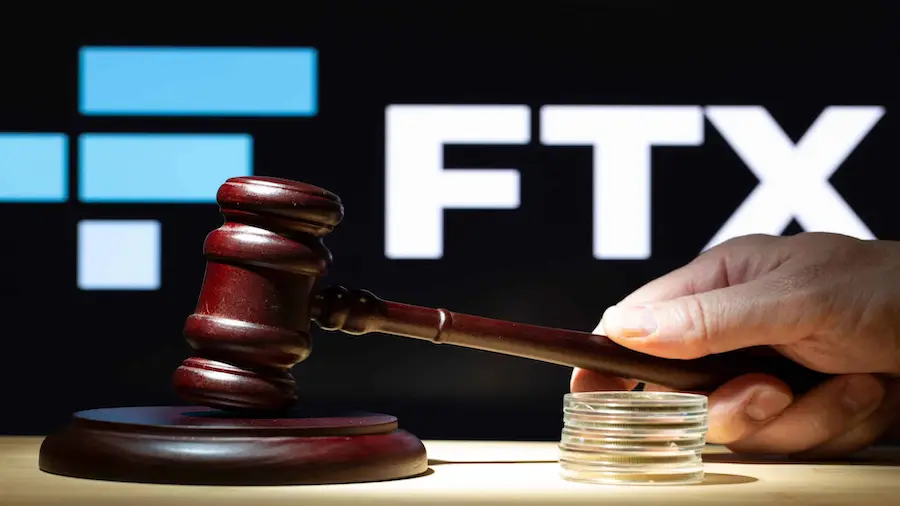In the first election year with party federations, organizations registered 4,461 candidacies for the 2022 elections. This number represents 15.5% of the total number of candidates registered so far, according to an analysis by CNN Brazil based on data from the Superior Electoral Court (TSE).
The federation made up of the Workers’ Party (PT), Communist Party of Brazil (PC do B) and Green Party (PV) was the multi-party organization to register the largest number of candidacies for this year. Entitled “Federação Brasil da Esperança (Fé Brasil)”, the federation registered 1,630 candidates. This number represents 5.70% of the total of 28,632 applications registered until August 20th.
The PT-led federation was the first to be approved by the TSE. After registration on April 24, the organization was confirmed a month later. The national president of the federation is Gleisi Hoffmann, who occupies the same position within the PT; she is running for reelection as a federal deputy for Paraná.
The presidential candidate supported by the organization is former president Luiz Inácio Lula da Silva (PT).
The junction of the Cidadania parties (CIDADANIA) and the Brazilian Social Democracy Party (PSDB), called simply the “PSDB Citizenship Federation”, is the second with the highest number of candidacies. There are 1,425 competitors – representing 4.98% of the total.
The federation’s leader is Bruno Araújo (PSDB), national president of his party. The candidate for the position of supported president is Simone Tebet (MDB).
Third is the “PSOL REDE Federation”, made up of the Socialism and Freedom Party (PSOL) and the Sustainability Network (REDE). With 1,406 candidacies, the union registered 4.91% of the total candidates for this year’s elections.
The federation is headed by Guilherme Boulos (PSOL), who is running for federal deputy for São Paulo. As well as the federation “Federação Brasil da Esperança (Fé Brasil)”, the union between PSOL and REDE support former president Lula in the race for the presidency.
The two unions were approved by the TSE on May 26, 2022. For this year’s election, only three federations participate.
First election with federations
This will be the first election year with the federation law in force. As provided for in Law No. 14,208/21, there is now the possibility for the parties to unite for four years, acting as if they were just one party.
Federations differ from party coalitions. While a coalition may have a lifespan only during elections, the federation requires that alliances continue during legislative years – that is, during the four-year term. With the creation of a federation, the parties can unite in both majority and proportional elections.
It is permissible to form a coalition around a single candidacy for majority elections, such as for positions such as president, senator, governor, and mayor. However, since 2017, there have been no coalitions in elections that elect federal, state or district councilors and deputies. As the federation acts as a party, it is subject to the same rule.
If any party wants to leave the federation with the mandate in force, it may be penalized. Among the punishments are the ban on joining a new federation or using Party Fund resources until the end of the legislative period.
Source: CNN Brasil







